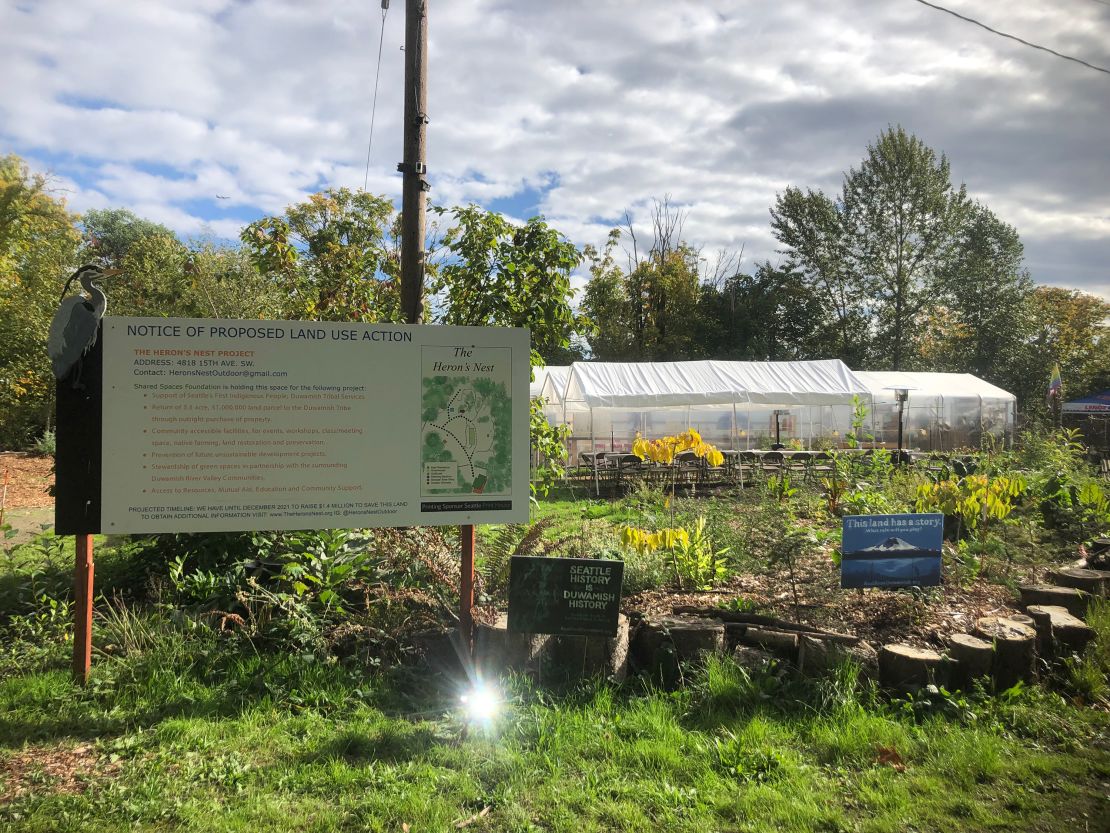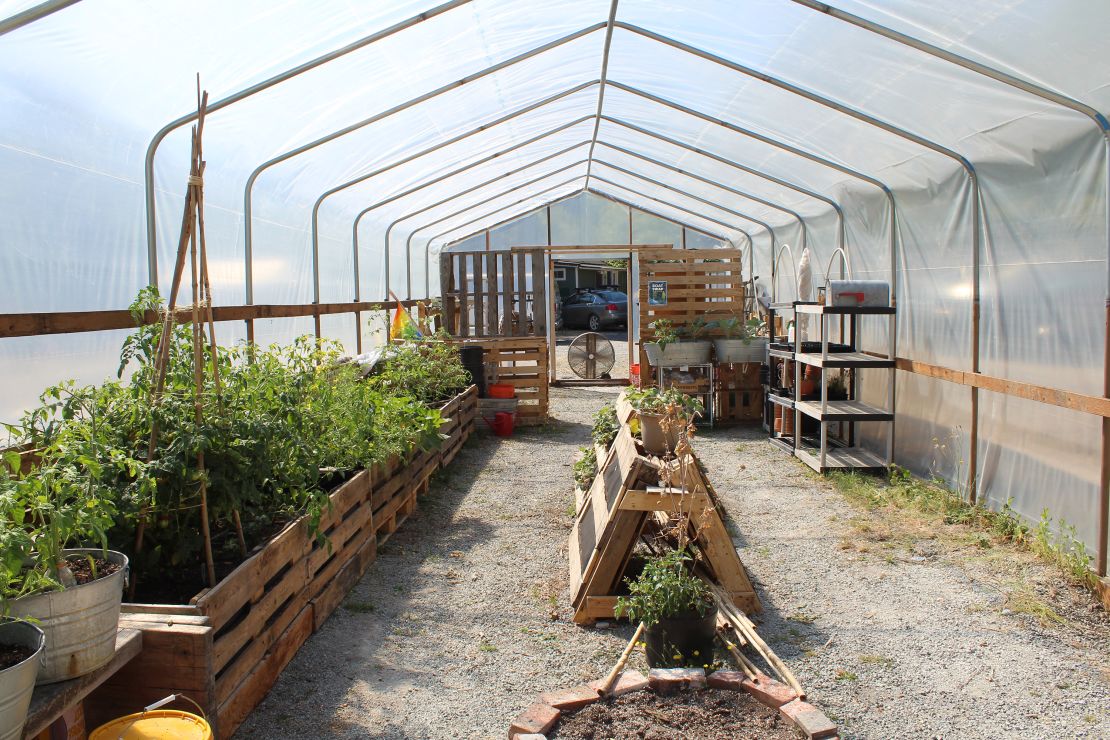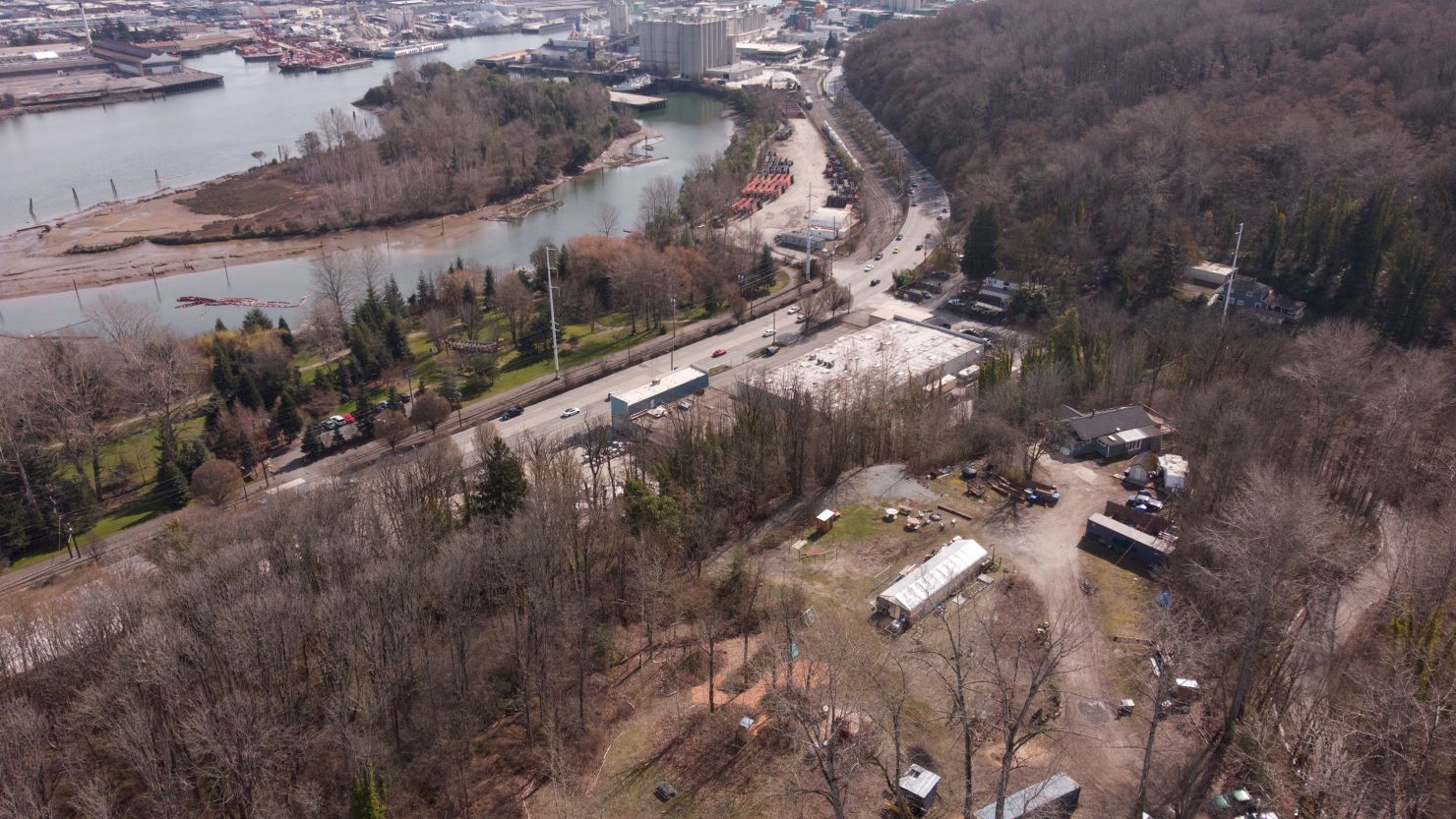The Duwamish tribe isn’t recognized by the US government. It doesn’t have its own reservation. More than a century of broken treaty promises, discriminatory laws and violence forced many of its people from their ancestral homelands in what is now the Seattle area.
Still, the Duwamish continue to exist and fight for their survival.
Today, the tribe holds less than an acre of land in West Seattle. That territory, however, is about to get a little bigger after community members raised enough money to purchase a parcel of land that is set to be returned to the tribe.
The repatriation of those three-and-a-half acres will more than quadruple the share of land owned by the Duwamish. While that’s nowhere near the 54,000 acres the tribe once inhabited, it’s a small, but significant, victory: More land could strengthen the tribe’s case in its decades-long fight for federal recognition.
“With the repatriation, we then can continue our job as stewards and not have to fight for every inch and every bone that’s under a house or under a street or under a warehouse,” said Ken Workman, Tribal Council ex-officio member. “We as a people can then take care of the land.”
The project is another instance of land being repatriated to an Indigenous tribe, coming both as the land back movement has gained traction across the US and as more communities reckon with the history of injustices perpetrated against Indigenous peoples.
Here’s how it unfolded.
The tribe was denied a reservation
The Duwamish people have been in what is now Seattle for at least thousands of years. White settlers arrived and began occupying lands in the area around the early 1850s. By 1855, the US government and the Indigenous tribes of the Puget Sound region signed the Treaty of Point Elliott, in which tribes ceded their lands in exchange for a reservation and the rights to hunt and fish in their usual places.
While some tribes who signed the treaty were granted a reservation, the US never delivered on those promises for the Duwamish – a judge would later call the Treaty of Point Elliott and others made with tribes in Washington Territory at the time “unfair, unjust, ungenerous, and illegal.”
Without their own reservation, the Duwamish people were forcibly removed from what became the city of Seattle, according to the tribe. Many of the tribe’s members subsequently moved to other parts of King and Kitsap counties, where they continue to reside today.
“We as a people have been living and dying here out in the Seattle area for thousands and thousands of years,” said Workman. “All of our ancestral bones, all that time, are in this land: the seven hills of Seattle.”
The tribe has since adopted and maintained a constitution, bylaws and a governing body, but because it does not have reservation lands, the federal government does not recognize the Duwamish as a tribal entity. The Duwamish have lobbied the US for federal recognition for decades, to no avail.
A breakthrough came in the ’90s
In the ’90s, the Duwamish took a step toward reclaiming their ancestral lands.
With the support of members in the community, the tribe identified two-thirds of an acre that was up for sale, said Cecile Hansen, chair of the Duwamish Tribal Council. Eventually, they raised enough funds to secure the property – meaning that a small slice of land that the Duwamish once inhabited was finally back in the tribe’s hands.

That land is now home to the Duwamish Longhouse and Cultural Center, which functions as the tribe’s headquarters and a place where visitors can learn about the heritage and traditions of the Duwamish people.
“People come from all over the world to visit us,” Hansen said. “And I’m always always happy to greet them.”
For years, the Duwamish have been gathering and governing on that two-thirds of an acre. And as more people learn and engage with the tribe and its history, community support for the Duwamish has grown.
Now, they’re about to acquire more land
In 2020, a local nonprofit organization in Seattle came across a piece of land that was up for sale, about two miles from the Duwamish’s cultural center.
The three-and-a-half acre property was once intended to be a residential development but had since transformed into a dump site after years of neglect, said Amanda Lee, president of the Shared Spaces Foundation.
The Shared Spaces Foundation consulted with the Duwamish tribe and decided it would rehabilitate the land and raise the funds needed to purchase it, Lee said. The end goal: To repatriate the land to the Duwamish, its original inhabitants.

Since last year, Lee said her organization has worked to clean and restore the land, known as the Heron’s Nest. They built a greenhouse, an outdoor classroom and other facilities that can be used for community gatherings, native agriculture and cultural traditions.
Still, raising the near $1 million needed to purchase the property proved challenging. That’s where another community group, the Seattle Global Shapers, came in.
Alana Strassfield, a graduate student at the University of Washington and a member of the Seattle Global Shapers, said that her group learned about the land repatriation project while on a walking tour run by the Duwamish tribe. Wanting to support those efforts, Strassfield and other members of the Seattle Global Shapers offered help with grant research and writing, community outreach and other tasks – Strassfield hoped that growing land ownership would strengthen the tribe as an entity and community.
“It’s really tangible the impact that owning land assets can have for the tribe,” she added.
Ultimately, the teams working on the project were able to secure a $900,000 grant from the city of Seattle – enough money to purchase the land.
“I think sets a great example for what people can do – a few folks with no money just put in a lot of effort and hard work to support others and support the community,” Lee said.
The sale is set to close on December 30, Lee said, after which the land will be officially returned to the Duwamish. And for the Duwamish, the gesture is touching.
“I’m very honored that people would do this, because it hasn’t always been possible as Native Americans for people to look at us and say, ‘We want to help you,’” Workman said. “It was quite the opposite for a long, long, long, long time.”
The Duwamish tribe said that in the short term, it plans to use the land as a gathering space for cultural and educational programs. Eventually, though, it hopes that the land can be used in other ways that benefit the tribe and its community, including potentially providing housing for homeless residents.



